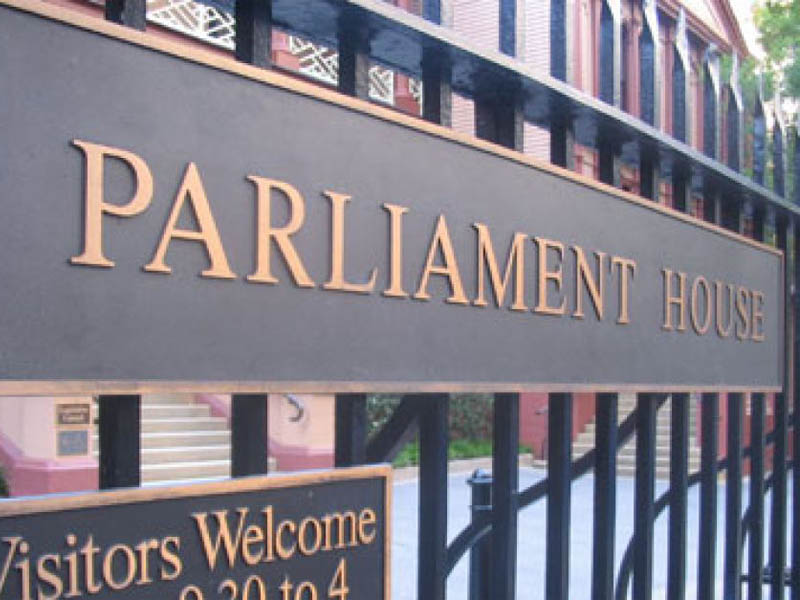While NSW leads the nation in startups and venture capital activity, it lags in government investment in R&D and university-industry collaboration, according to the state’s first Innovation and Productivity Scorecard.
The report, from the NSW Innovation and Productivity Council, SGS Economics and CSIRO’s Data61, compares NSW performance to other states and similar international economies in three areas: research and collaboration; skills and enterprise; and growth and productivity.
It showed the state has ‘high levels’ of annual business investment in R&D at $6.4 billion, with a majority of it spent in the manufacturing, science and technical, IT and finance sectors. This puts NSW fourth on an international scale, behind the United States, Germany and Singapore.

The scorecard placed NSW third for both business growth and labour productivity, ranking above the Australian and OECD averages. Within Australia, NSW had the greatest net increase in business creation over the previous three years, with more businesses starting up than exiting the market.
The state also has the highest number of startups in Australia and naturally the largest portion of Australian startup founders. It also boasts the largest number of startups that grew out of research institutions and universities, the report said.
However, venture capital firms and investment is still a problem. While NSW outperforms other Australian states on venture capital investment, and is becoming more successful in attracting venture capital, the state still trails behind in seventh place behind other international markets.
NSW was also marked down for collaboration, even though the state’s universities lead the nation with 83.8 research collaborations per institute, compared to an average of 59.8 for Australia.
“By this metric, NSW and Australia lag against international benchmarks. Australia’s collaboration performance in the 2017 Global Innovation Index confirms that active university-industry collaboration remains a challenge across the nation,” the report said.
Part of that problem might be that there aren’t enough researchers entering the workforce. The report found NSW has a lower portion of researchers in the workforce than any other jurisdiction.
At the same time just only over a quarter of Australia’s dedicated research commercialisation staff working in universities are based in NSW.
When it comes to measuring the state’s digital capabilities, NSW performance is above average on digital capability, but still lags behind Victoria, Singapore, Germany and the United States.
NSW Deputy Premier John Barilaro said the report marks the increasing efforts by the NSW government to improve the state’s productivity.
“The scorecard reveals some of the strengths of the NSW economy and, crucially, the areas that can be improved if we are to step up our competition against some of the best performing knowledge driven economies in the world.
“It shows NSW has a strong research sector, an active startup sector, a highly qualified workforce and a thriving economy.” Mr Barilaro said in the report.
“Through the Sydney Startup Hub and the Sydney School of Entrepreneurship, we are helping grow the size and strength of the NSW startup sector. These are essential to create future jobs – between 2008 and 2014, new or growing SMEs that make up just 6 per cent of businesses created over 1 million new jobs. The NSW Government has previously identified gaps in our innovation ecosystem,” Mr Barilaro said.
However, data from the scorecard is not anything new. Similar results have been produced by the OECD which showed that while Australia’s R&D levels continue to lag internationally, there are some improvements being made.
Total Australian government support for R&D increased by 9 per cent during 2008-2016 according to the OECD Science, Technology and Industry Scoreboard that was released at the end of last year.
More recently, the Global Innovation Index 2018 co-authored by Cornell University, INSEAD and the World Intellectual Property Organisation (WIPO) showed Australia’s global innovation ranking improved, moving up three places.
Australia has now been ranked at 20, a progress on last year’s results where Australia ranked 23rd. Switzerland, the Netherlands and Sweden topped the index, followed by the UK, Singapore and the US.
Do you know more? Contact James Riley via Email.

